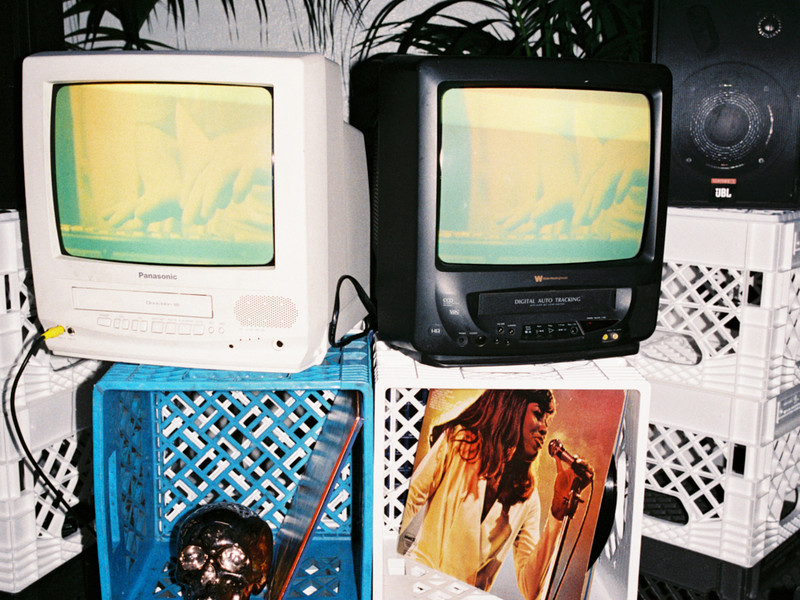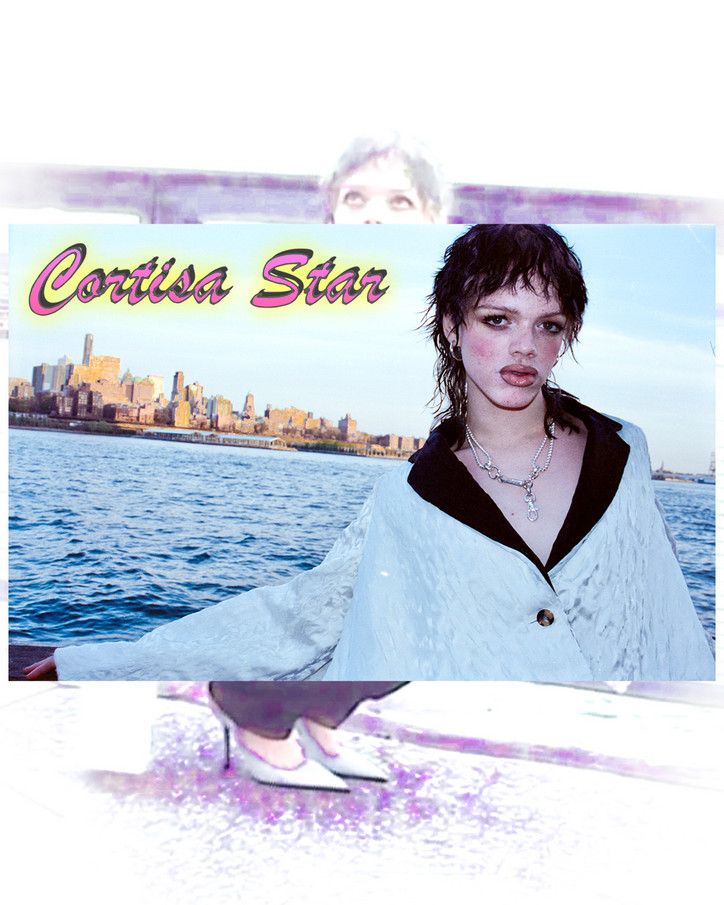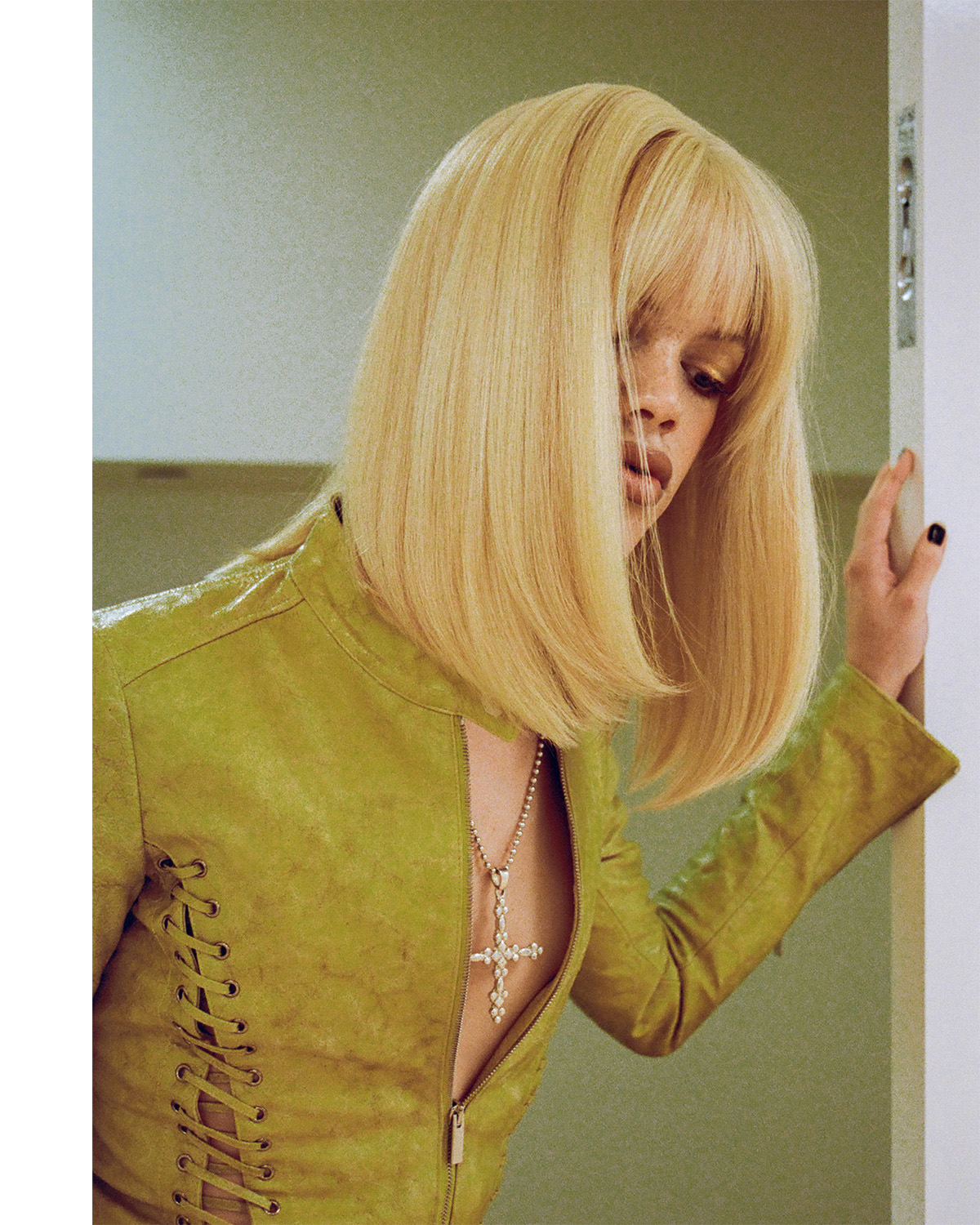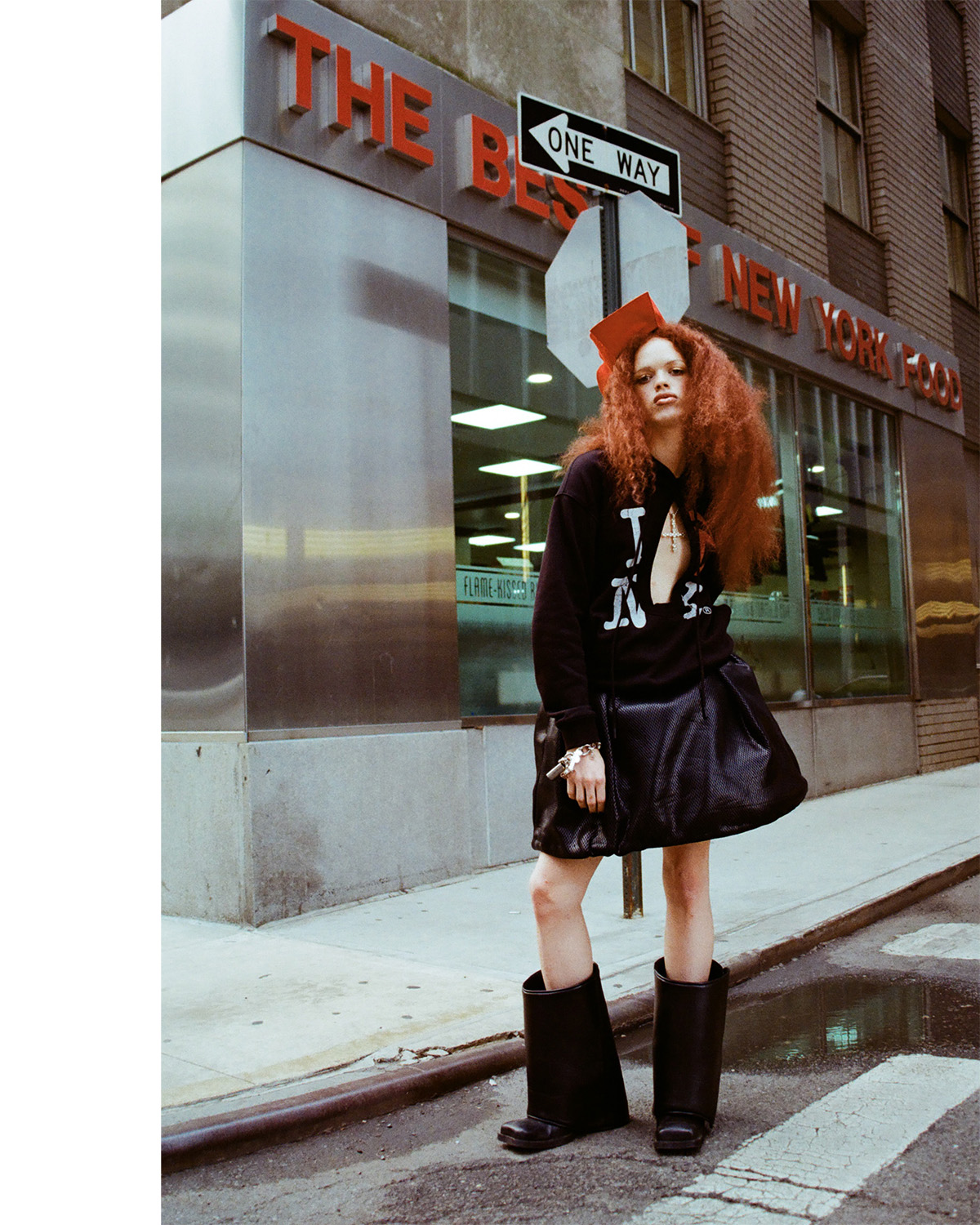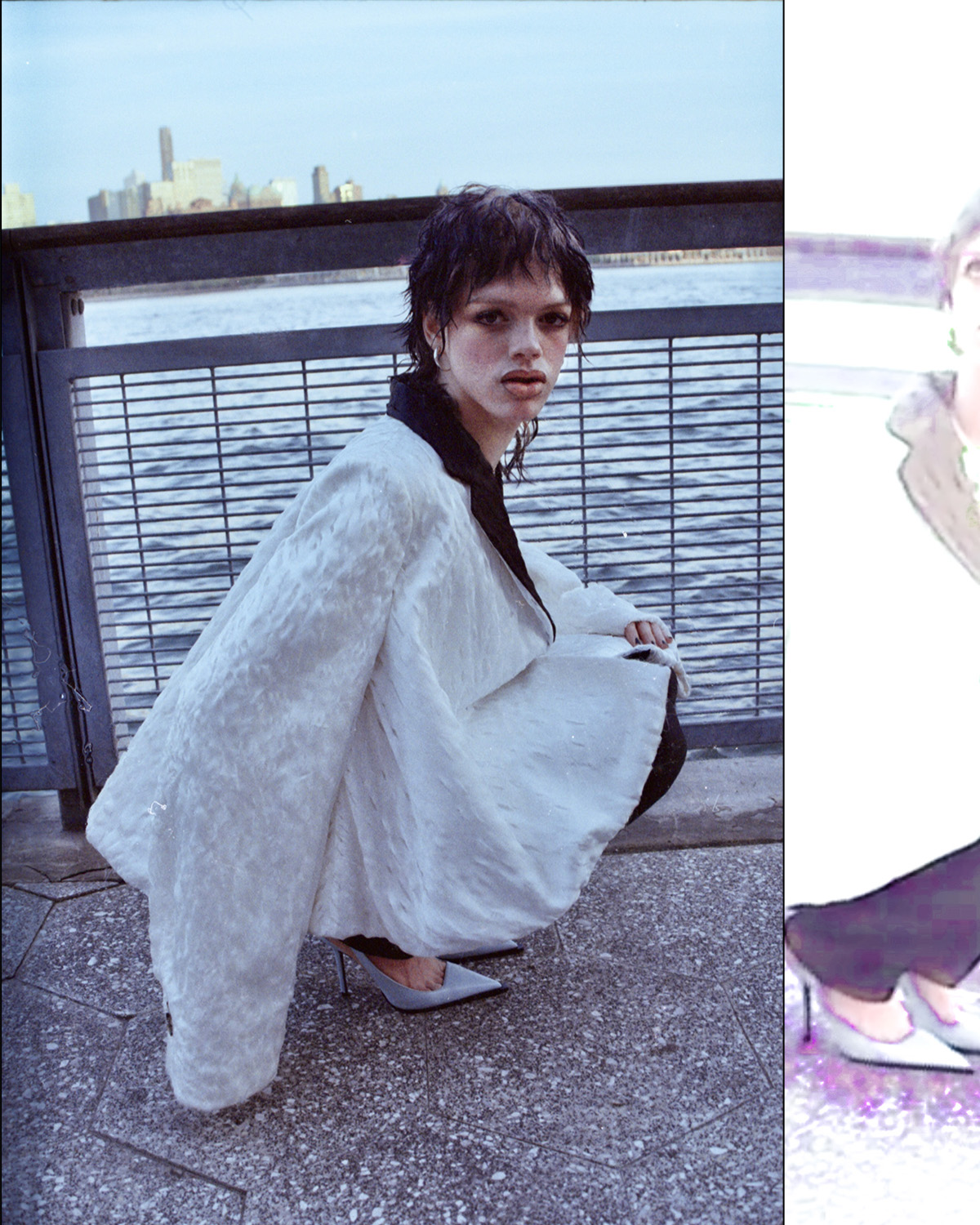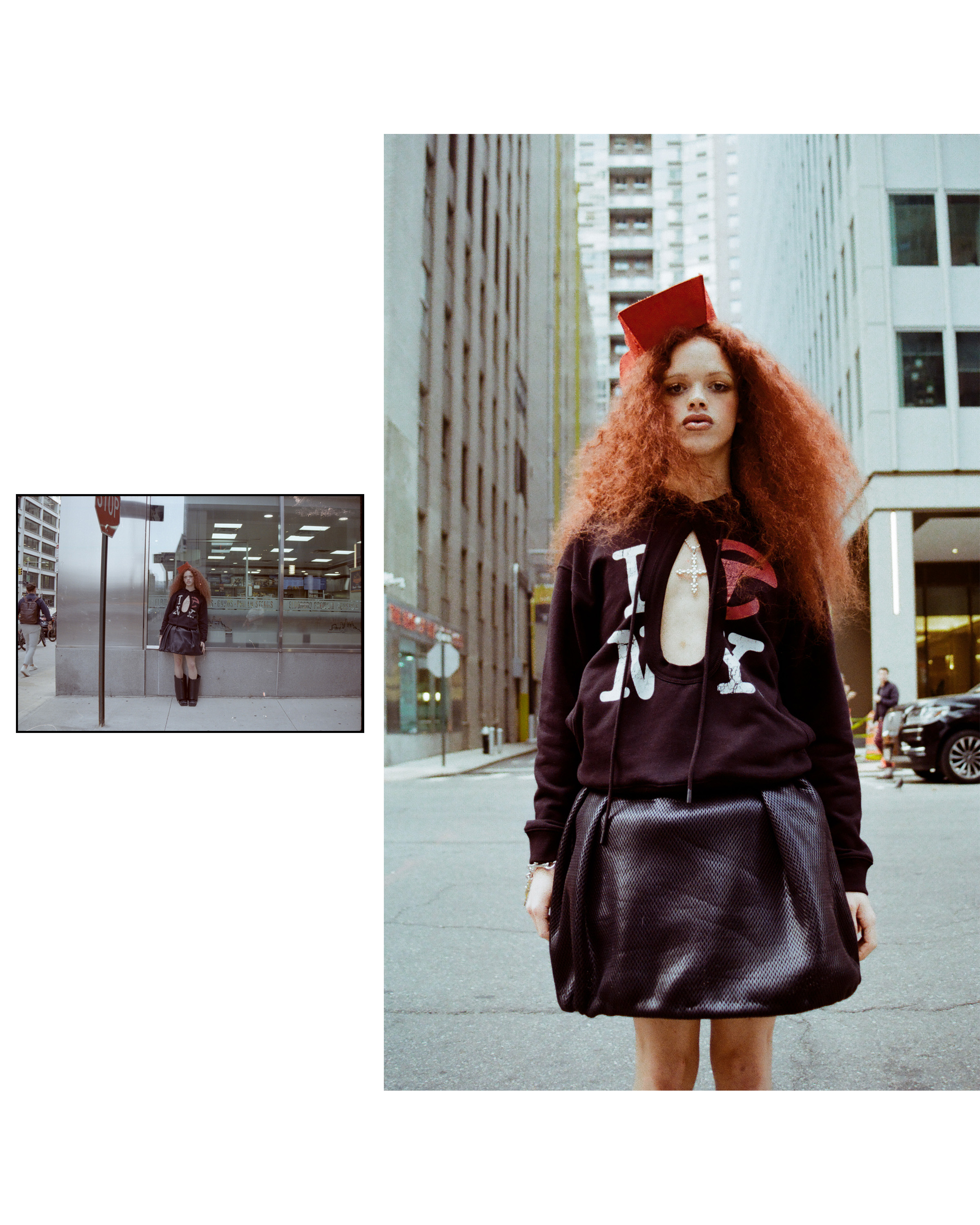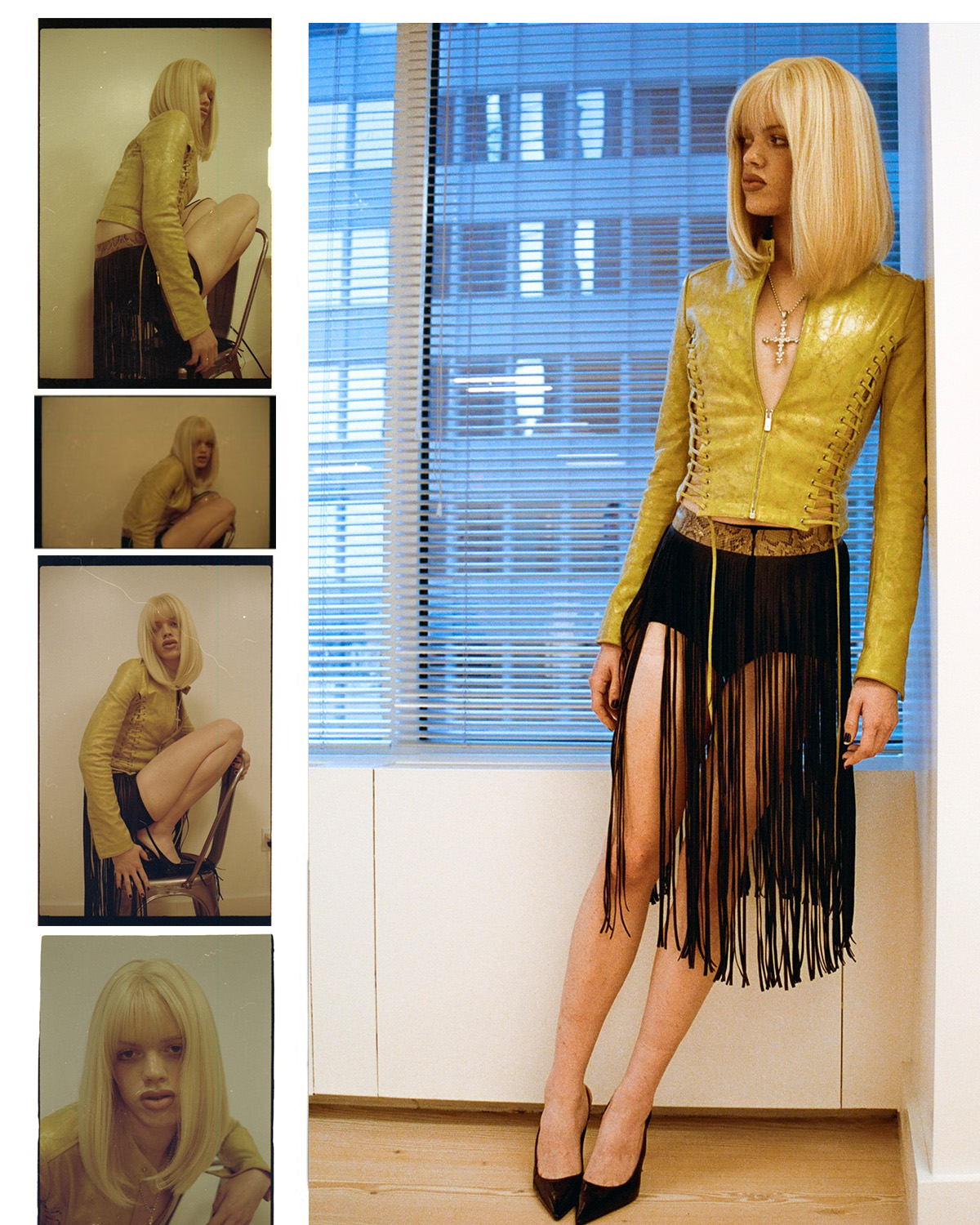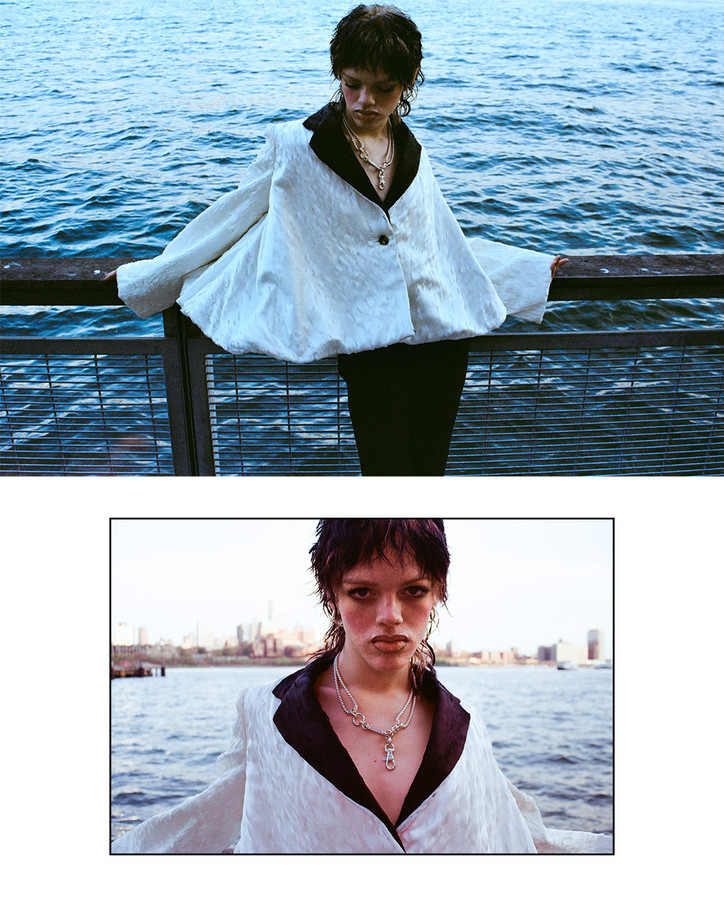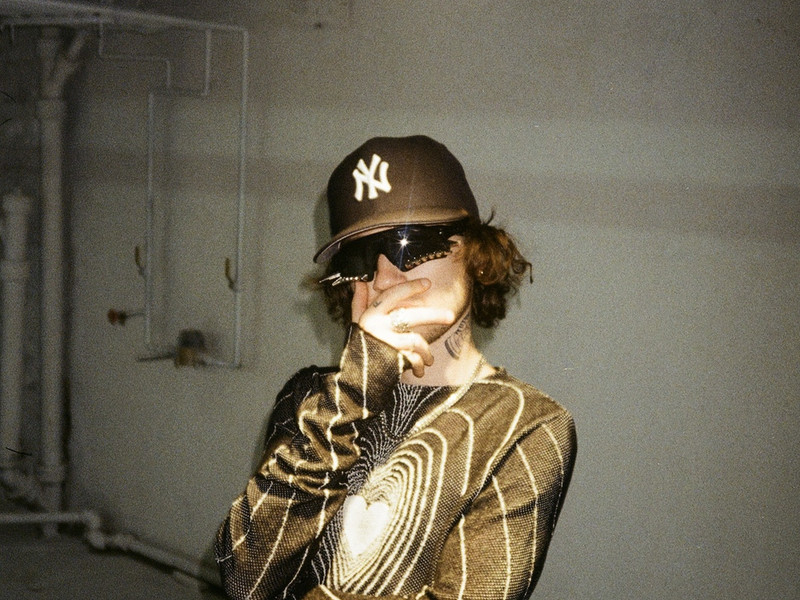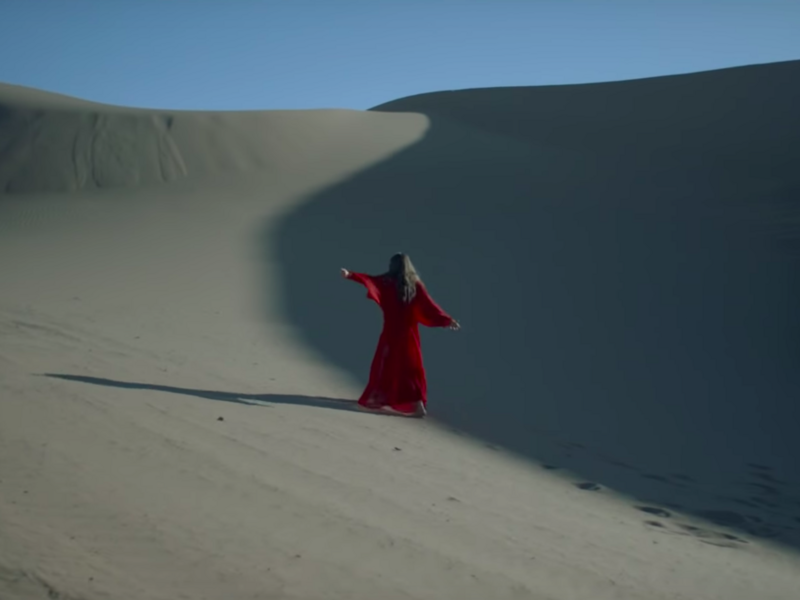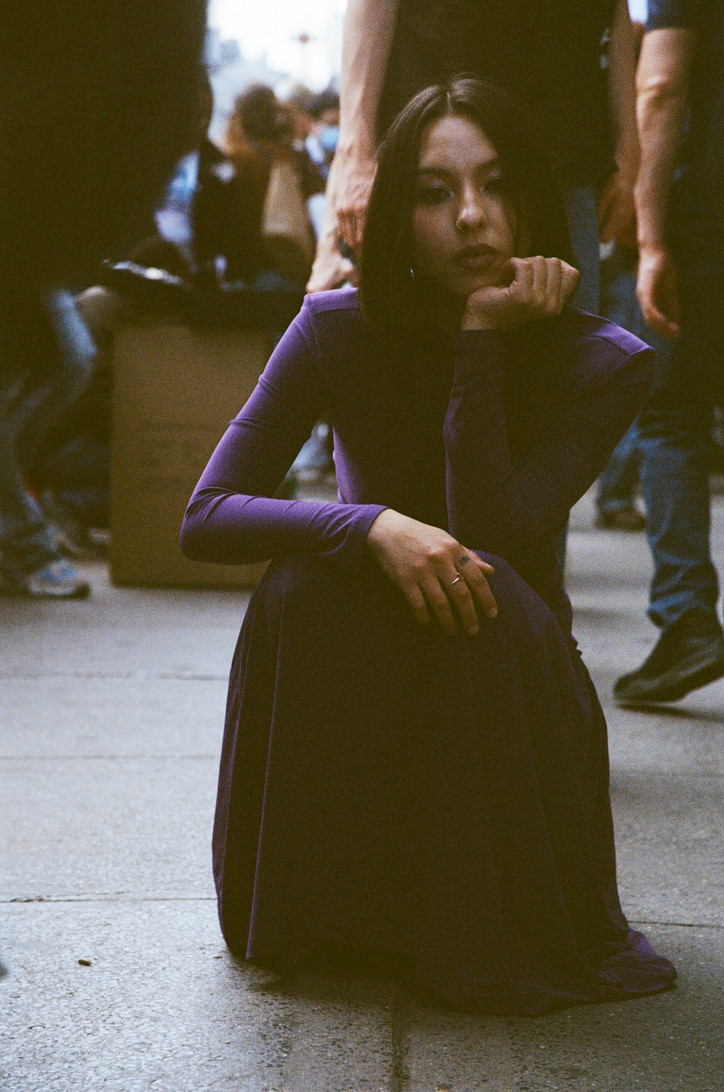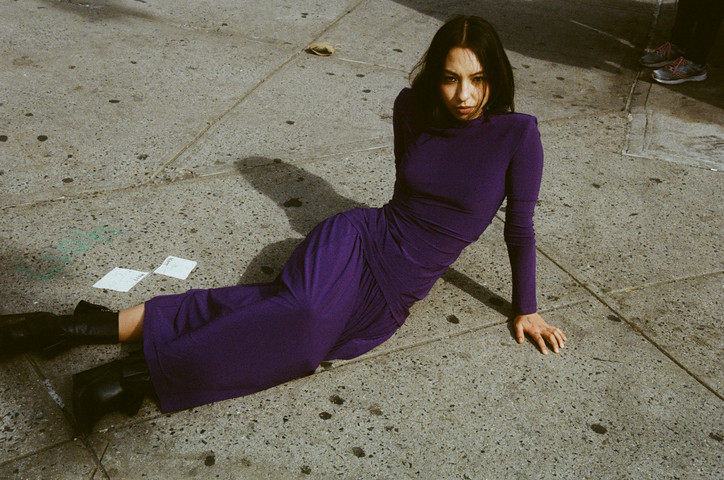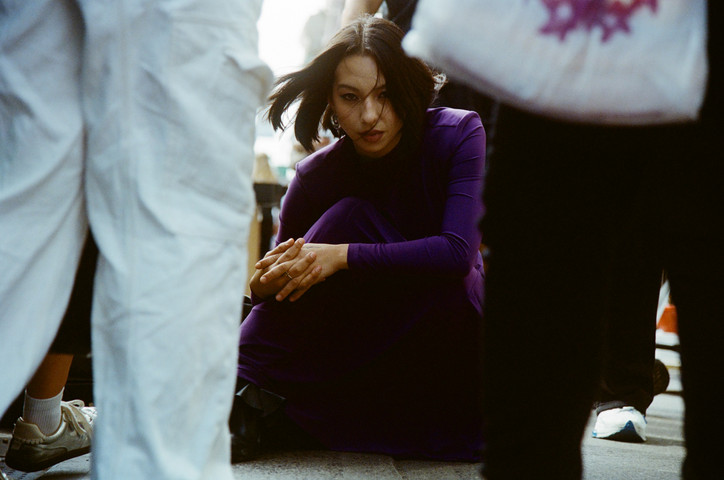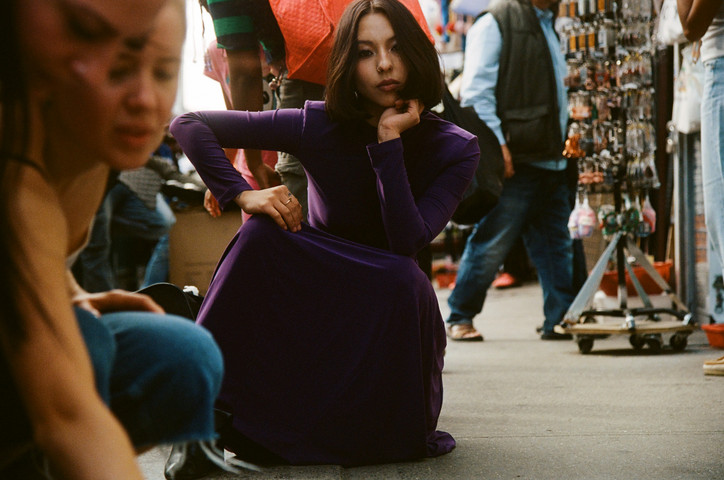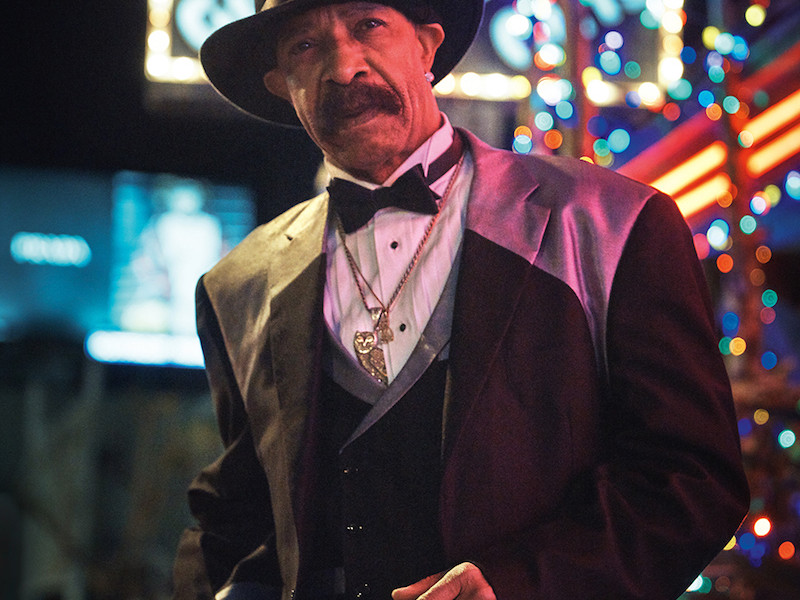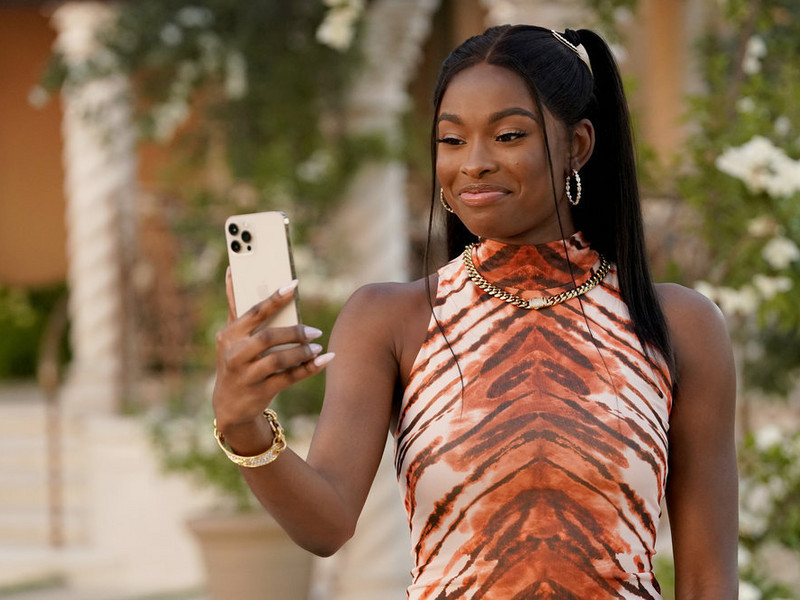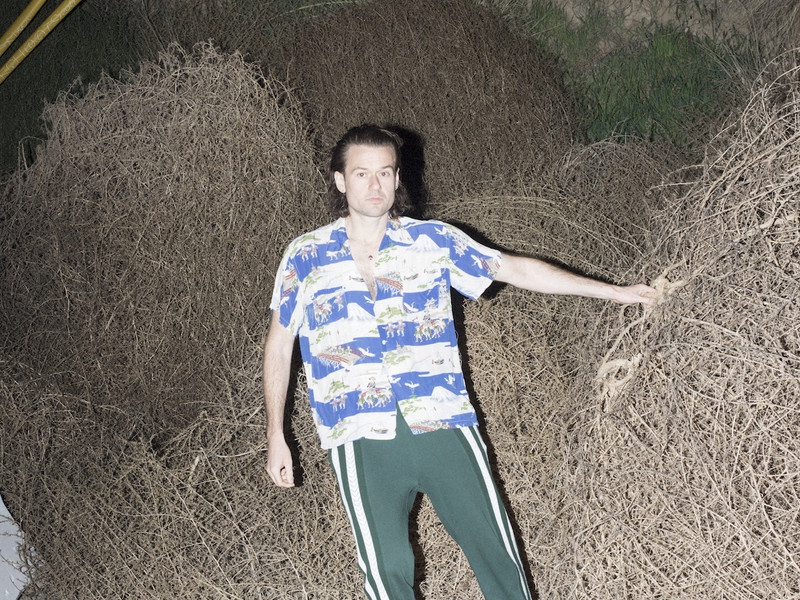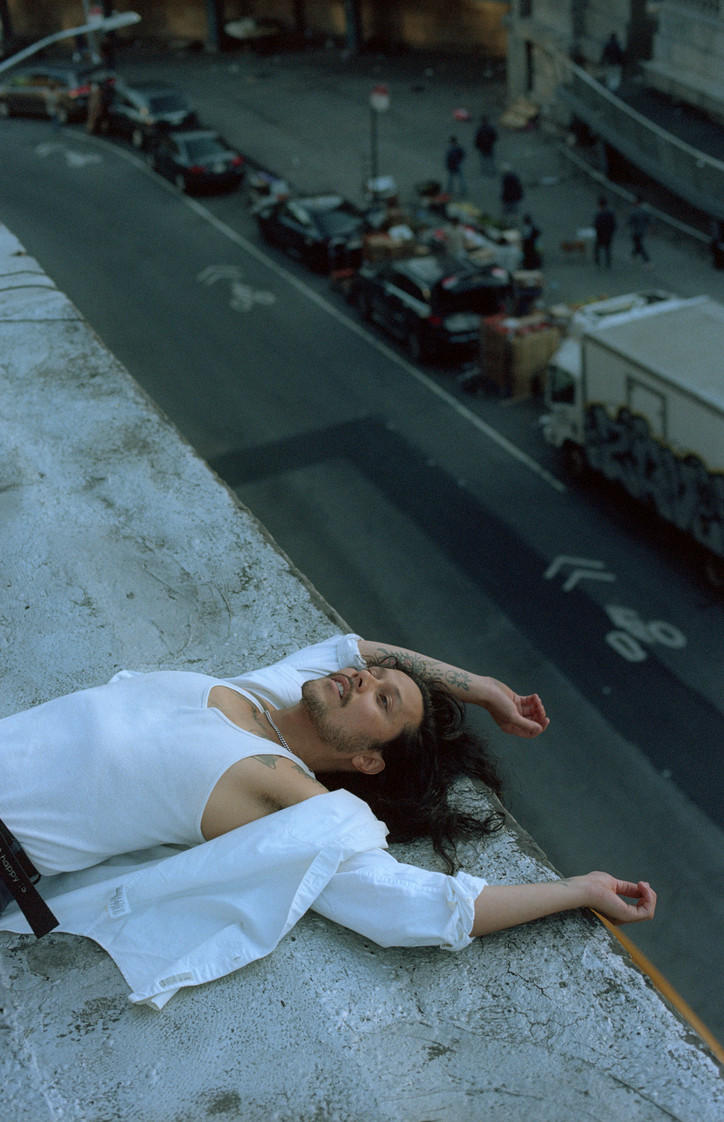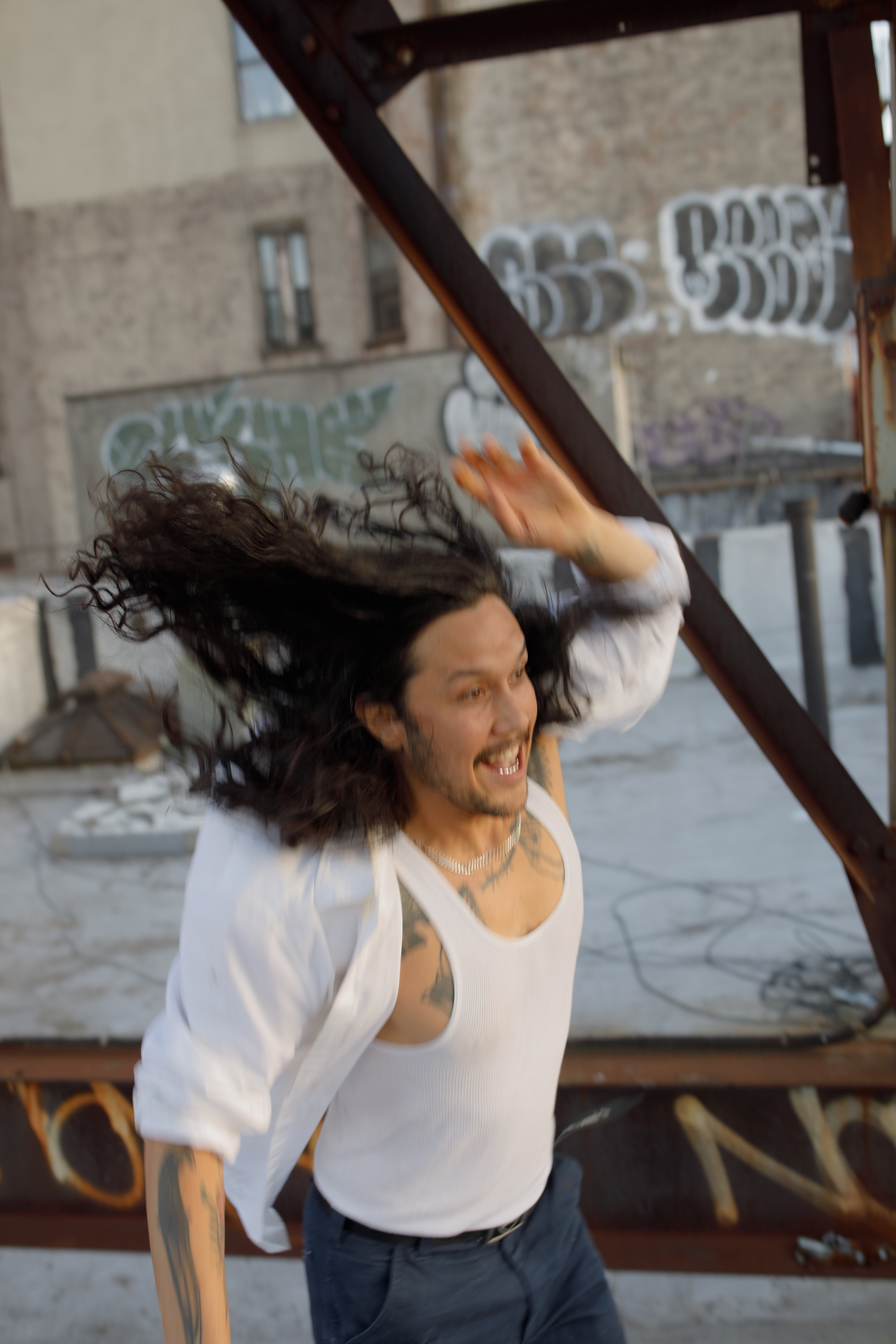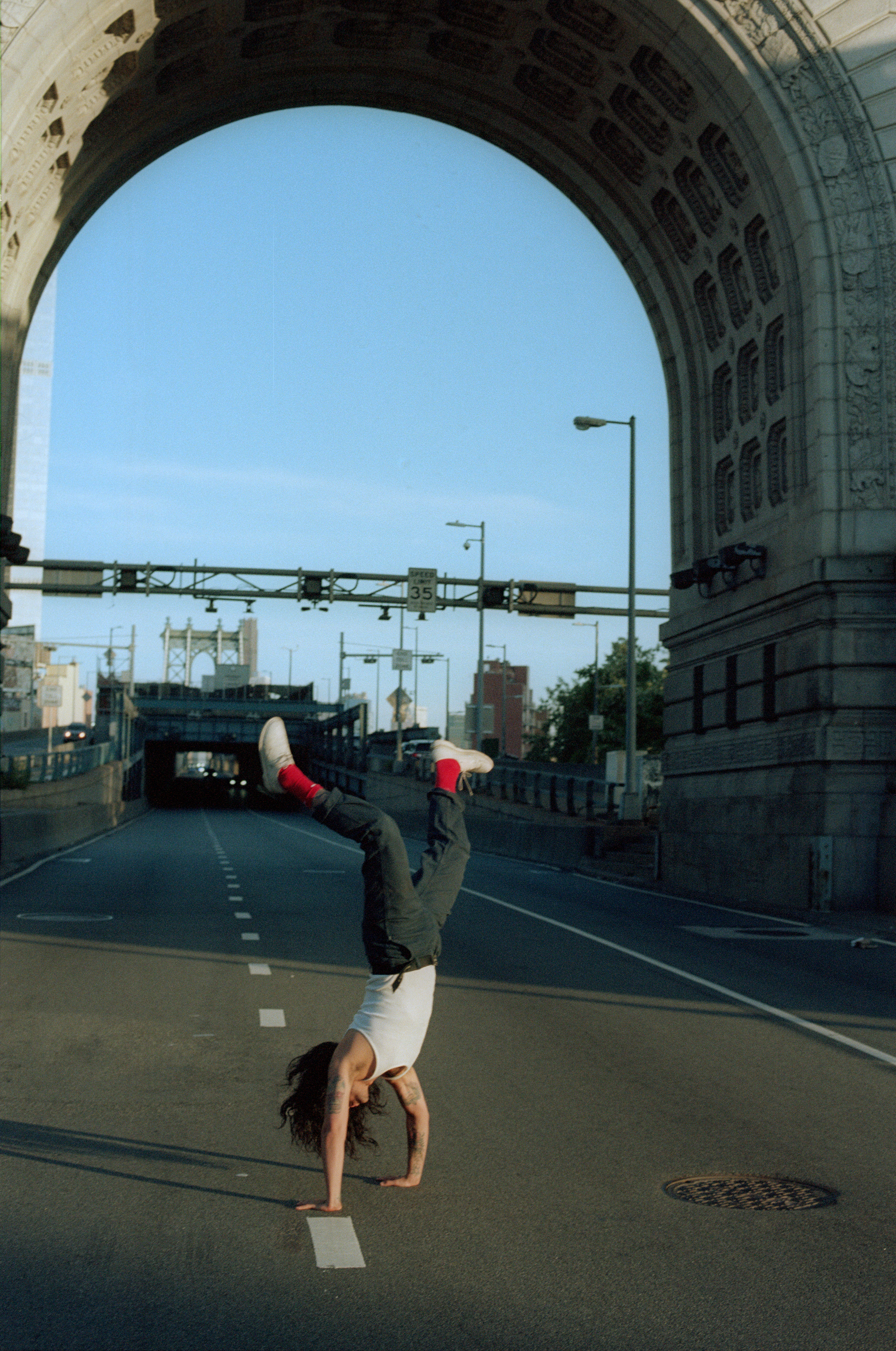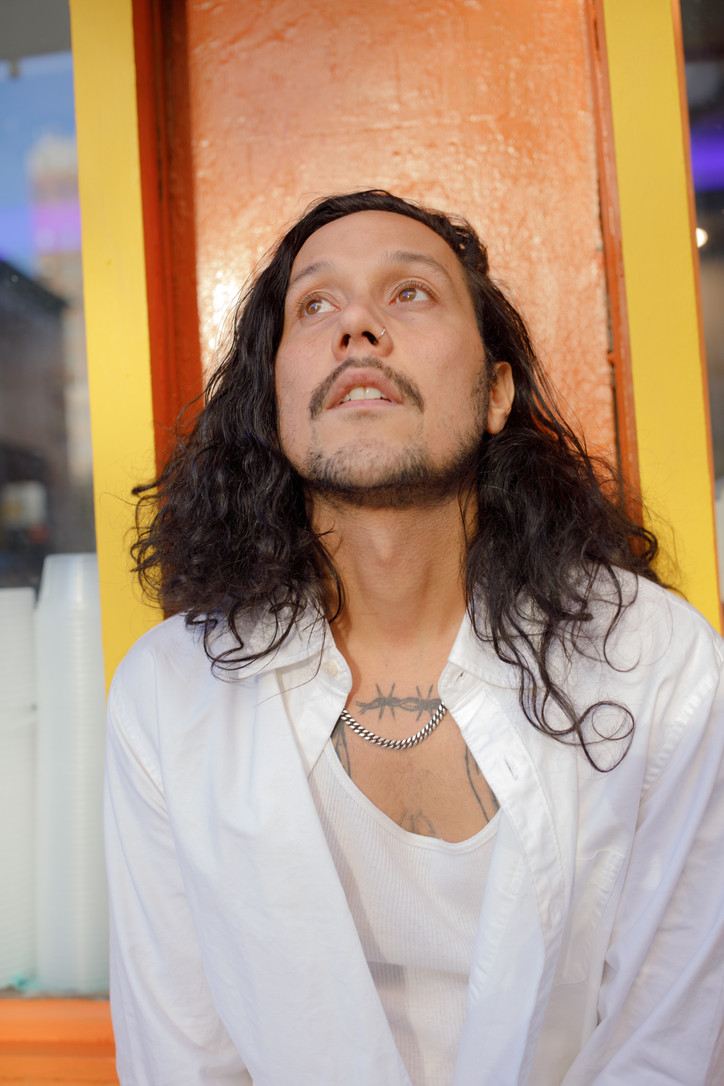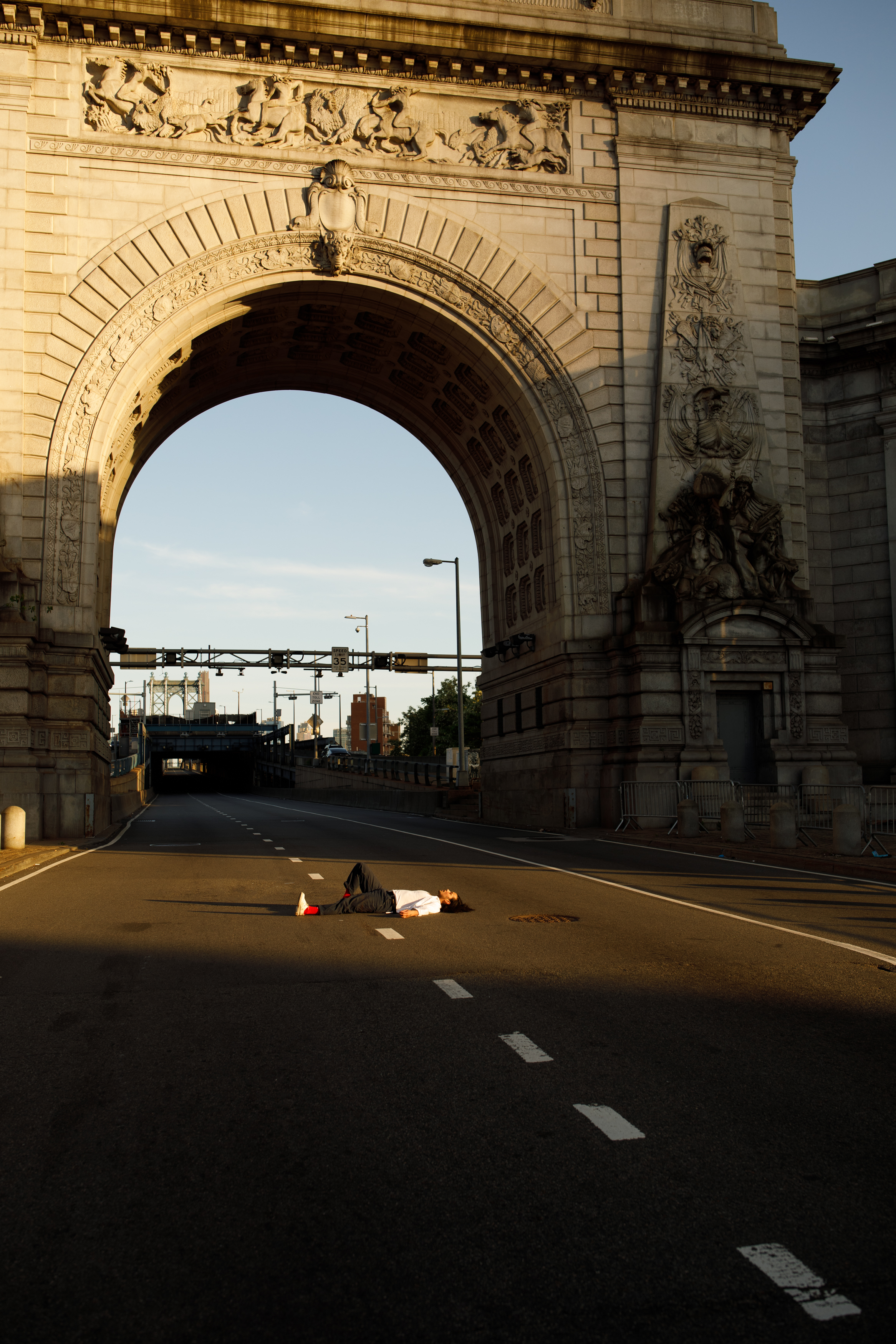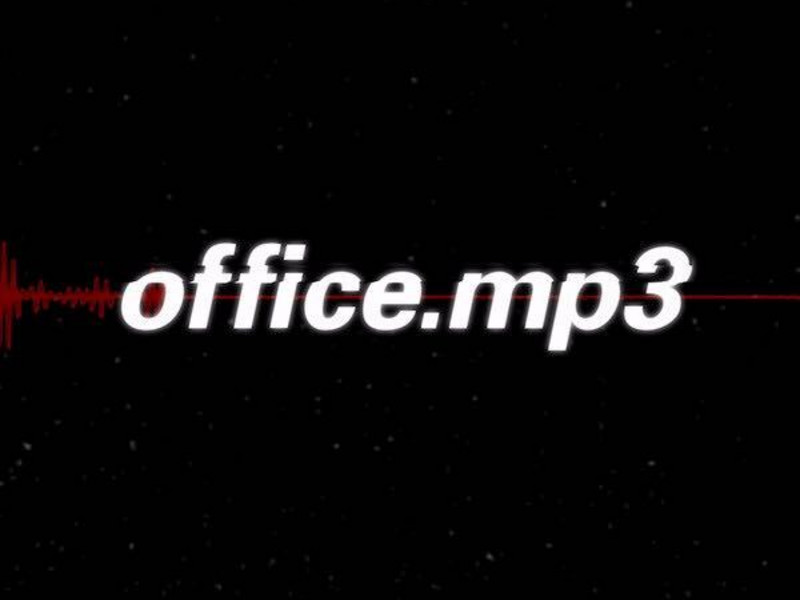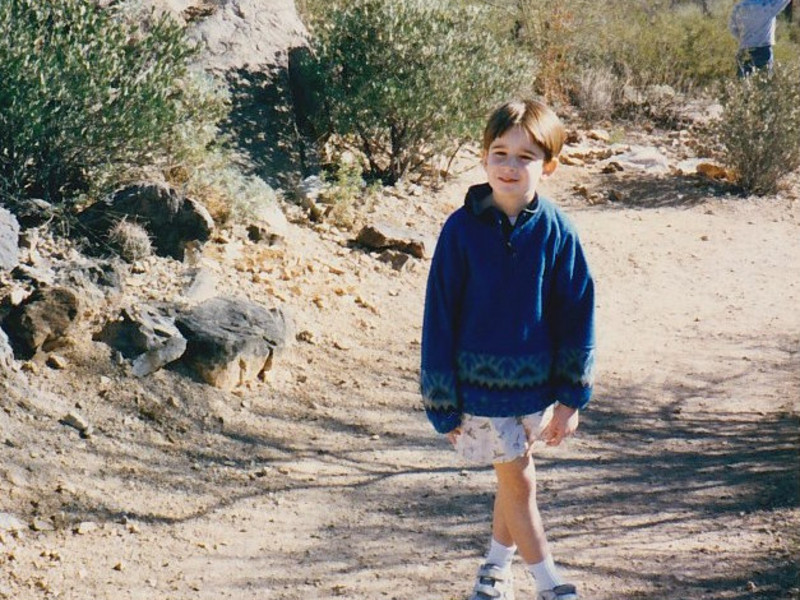For Emma dj, Music Isn't All That Serious
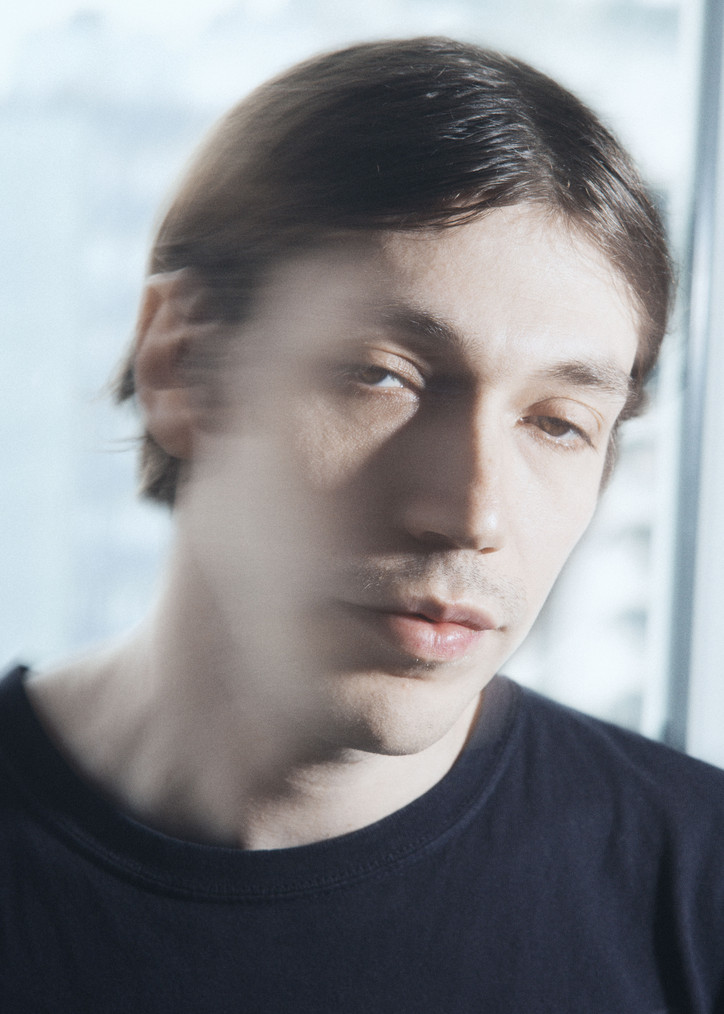
How’d you get started making music?
A friend of mine showed me Ableton. It was a cracked version so I couldn’t save anything. If I wanted to start a new song, I had to close it, which meant deleting the music that I’d made. When I felt the track deserved to be recorded or saved properly, I would write what I was doing on a piece of paper, and then I would do it again, but it never really worked. Eventually, I got the normal version — which was also cracked, but that one worked.
How has the club scene changed since you first started going to club nights in Paris?
When I started going out as a teenager 15 years ago, there was a lot of bloghouse. Only a handful of the artists from that era made it mainstream and the others sort of vanished. The ones that became popular, I kind of drifted from sonically. People associate me with the club scene here, which I’ve accepted. But around that scene, there’s a lot of stuff I just don’t identify [with]. Club producers essentially have very similar career goals, and there’s naturally a lot of jealousy, frustration, and phoniness in that scene. In the scenes that I feel closer to personally, there’s less animosity, less competition. Everybody’s doing their own thing and truly supporting each other’s work.
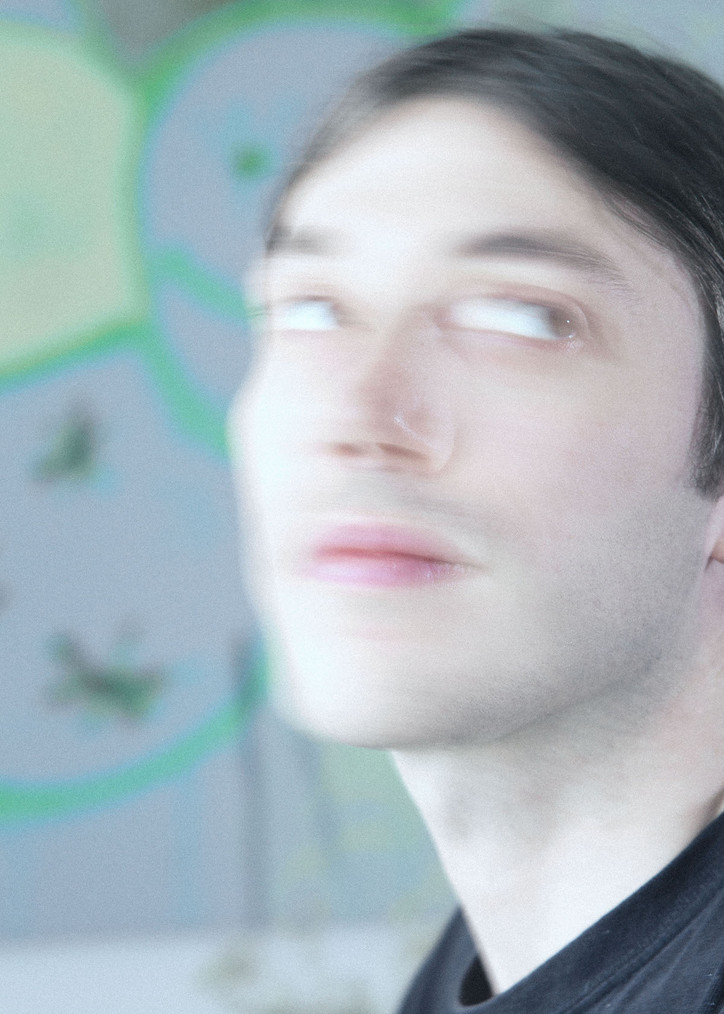
What was it like transitioning from creating on your computer in a really private space to performing live?
I don’t feel [like there’s] any type of transition, to be honest. Especially when it comes to djing. With live performances, I feel more stress naturally as I’m performing my own productions, usually in more institution-type venues and events.
When you say “too popular,” do you mean in terms of the style of the sound or was it more about the community around it?
Like, Justice made an incredible debut LP. And there’s nothing wrong with the stuff they’ve put out since — it’s really impressive — but it feels less iconic and fresh as CROSS still is. It was targeted at a bigger audience. I’m not hating on the fact that it became popular, but it was sonically less interesting for me — or there was less shock when I heard it. I was genuinely curious about other genres at that point.

I think when an artist finds success, it’s easy to get stuck in that sound, which gives them a lot of pressure but often just a B-side feeling. But how do you build off what worked with your last releases without it becoming redundant?
I’ve always made music for myself. It’s obviously nice if people like it, but I’m far from a perfectionist. I have a lot of releases, a big catalog of stuff that’s not even finished, but it’s still online. I could just remove it, and I have sometimes because I feel like it’s trash, but then somebody DMs me and asks for it back because they were listening to it every day. And for that one person, it sucks to take it down.
It’s always hard to distinguish excitement from stress, I feel like they really go hand in hand. When I release something, it might be excitement, but I read it as stress. And so I feel the need to drop something new really fast — almost instantly — because my previous release doesn’t sit right with me. This is the first project that I’ve done where I’m still okay with it while listening to it so close to its release date.
Why do you think it is that you’re more comfortable with this one?
I think just simply going back to what I was listening to in my teenage years as well as new music inspired by that era has been fun. I just don’t take it that seriously.


